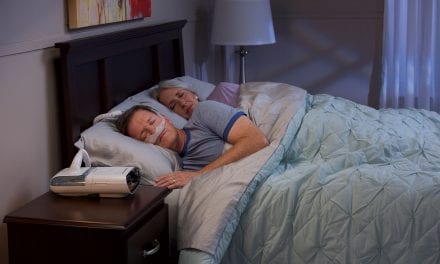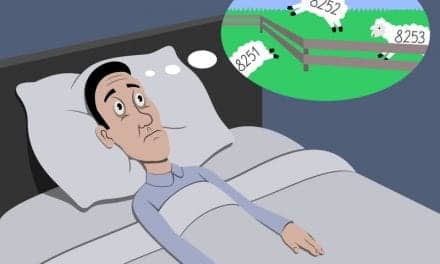About two months ago, Philips Respironics Mask Selector was introduced to the sleep professional community. Using 3D camera technology, each scan captures 150 frames and 15 million points of facial geography data. Philips’ proprietary algorithm can then identify 46,200 data points to recommend a mask. These data are combined with a patient questionnaire, to make a personalized recommendation of Philips Respironics mask type, cushion, and frame size for PAP therapy.
Now, in the wake of COVID-19, Philips has launched a 2D version of Mask Selector that can be used remotely from the comfort of the patient’s home. The 2D solution uses the same proprietary algorithm as the 3D version, helping to remove the element of patient error from the equation while supporting those who cannot get to a sleep lab for sizing. Patients use a camera on their cell phone, tablet, or computer for their scan.
Philips worked with provider partners to set-up operations for the 2D offering at no added cost to help support their sleep business amid pandemic-driven challenges. This alternative self-scan solution simplifies the remote sizing process, sharing standard mask recommendations in moments and making them available to the DME for review, validation, and fulfillment. Precise-fit cushion recommendations are only available via in-office, 3D scan.
“Mask Selector promises to transform the way DMEs and sleep labs provide care and also how CPAP patients experience care,” says Mark D’Angelo, sleep OSA business leader at Philips, in a release. “This data-driven solution can not only help DMEs and sleep labs operate more efficiently by reducing the burden and expense of a potentially lengthy mask fitting process, but also help to improve patient compliance by delivering a personalized mask specific to the individual needs of the patient.”





interesting..